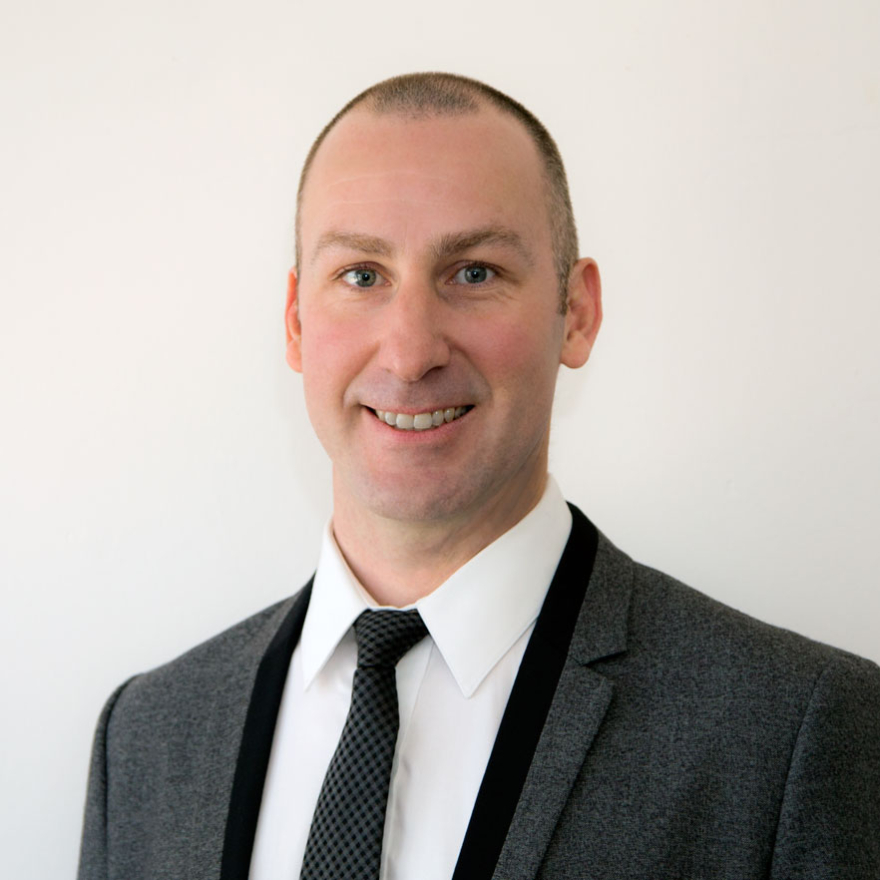This project used semi-structured interviews to explore the experiences of 24 overseas-born gay and bisexual men (GBM) recently diagnosed with HIV. In recent years, HIV notifications among this sub-population of GBM have increased. To respond effectively, focused attention is needed on the practices and beliefs of this sub-population. The objective of this project was to characterise the key factors and barriers contributing to new HIV diagnoses among this group. The interviews explored issues around HIV prevention practices, HIV testing, use of pre-exposure prophylaxis (PrEP) and post-exposure prophylaxis (PEP), initiation of antiretroviral therapy, identity, community, social and sexual networks, culture, the impact of stigma, and engagement with healthcare services and community organisations.
Key findings
- Participants recounted the immense stigma of HIV and homosexuality in their country of birth, which directly resulted in low HIV testing and use of PrEP, and poor knowledge of HIV in both their country of birth and Australia.
- Some lacked knowledge of the Australian healthcare system and had an assumption that HIV testing and PrEP would be inaccessible to them because of their visa status.
- Some participants were engaged with gay and bisexual communities, but about three-quarters lacked an affiliation with a gay or bisexual sexual identity. This diversity produces a challenge for disseminating health promotion through traditional ‘gay community’ avenues to some of these men.
- Most likely acquired HIV in their country of birth, highlighting the importance of linking GBM into HIV testing and treatment soon after arrival in Australia. However, others likely acquired HIV in Australia, indicating a need to engage recently arrived GBM with sexual health services and information earlier to encourage safe sex, PrEP uptake, and regular HIV testing.
- The vast majority praised the clinics that diagnosed them, but many had concerns about the impact of their diagnosis on their visa, including that they may be forced to return to a country with limited access to HIV medication and stigma towards people living with HIV and homosexuality.
- Living with HIV remained a secret for many, with some disclosing that their HIV clinician and the interviewer were the only people who knew about their status.

